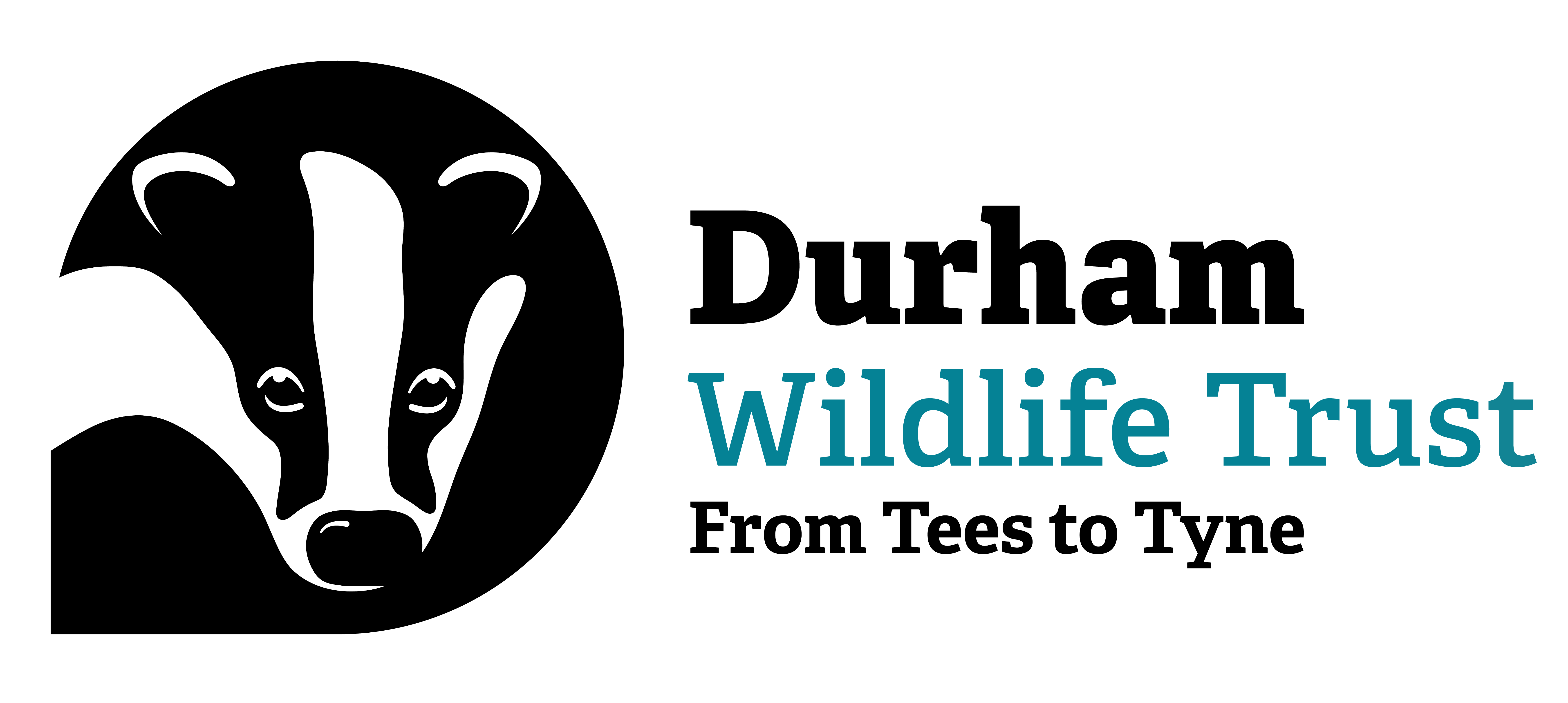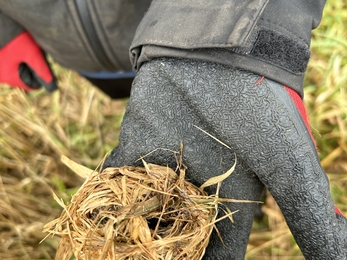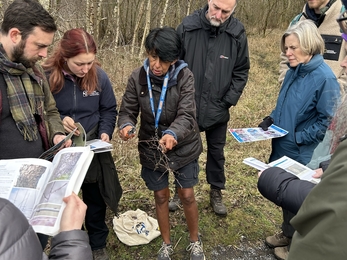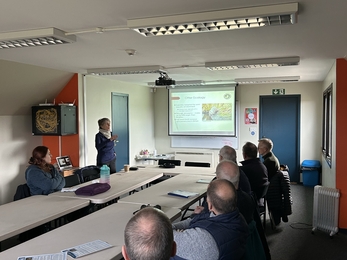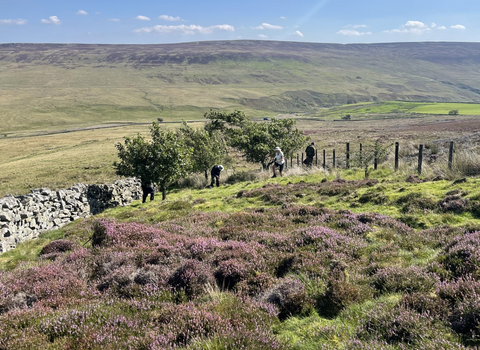I think my life would be a lot simpler if I wasn’t interested in nature. I’d certainly have a lot more spare time, probably a little more money in my bank account, and definitely a tidier house. Alas, I can’t help but be interested, and I therefore have my weekends booked up with plant surveys, a pair of binoculars which I probably spent too much on, and I keep finding shark eggs all over my flat which I’ve stashed away and forgotten about. It can’t be helped - there are just so many wonderful and exciting species and habitats to learn about. The problem is – with all of these wonderful things – the more you learn, the more there is to learn. But everyone has to start somewhere, and here lies the ethos behind our Nature Training Days programme.
Launched at the start of 2024, the Nature Training Days programme aims to introduce our volunteers to new species, habitats, projects and skills, all through beginner-friendly workshops and training sessions led by Durham Wildlife Trust staff and specialists. These bite-size sessions encourage our volunteers to dip their toes in ecological fields they may otherwise never get to explore, or haven’t ever considered. So, what have we been up to so far?
Harvest Mouse Survey Training
We kicked off the Nature Training Days programme with a brilliant session on harvest mice led by small mammal expert and Durham Wildlife Trust Trustee, Vivien Kent. Vivien delivered a short talk on harvest mice ecology and survey techniques before we headed onto our Rainton Meadows Nature Reserve to look for signs of their activity. Despite being excellently camouflaged, it wasn’t long before the first harvest mouse nest was found, nestled amongst the reeds. In total we found five harvest mouse nests across two sessions, one of which was found in a spot where none had ever been found before!
